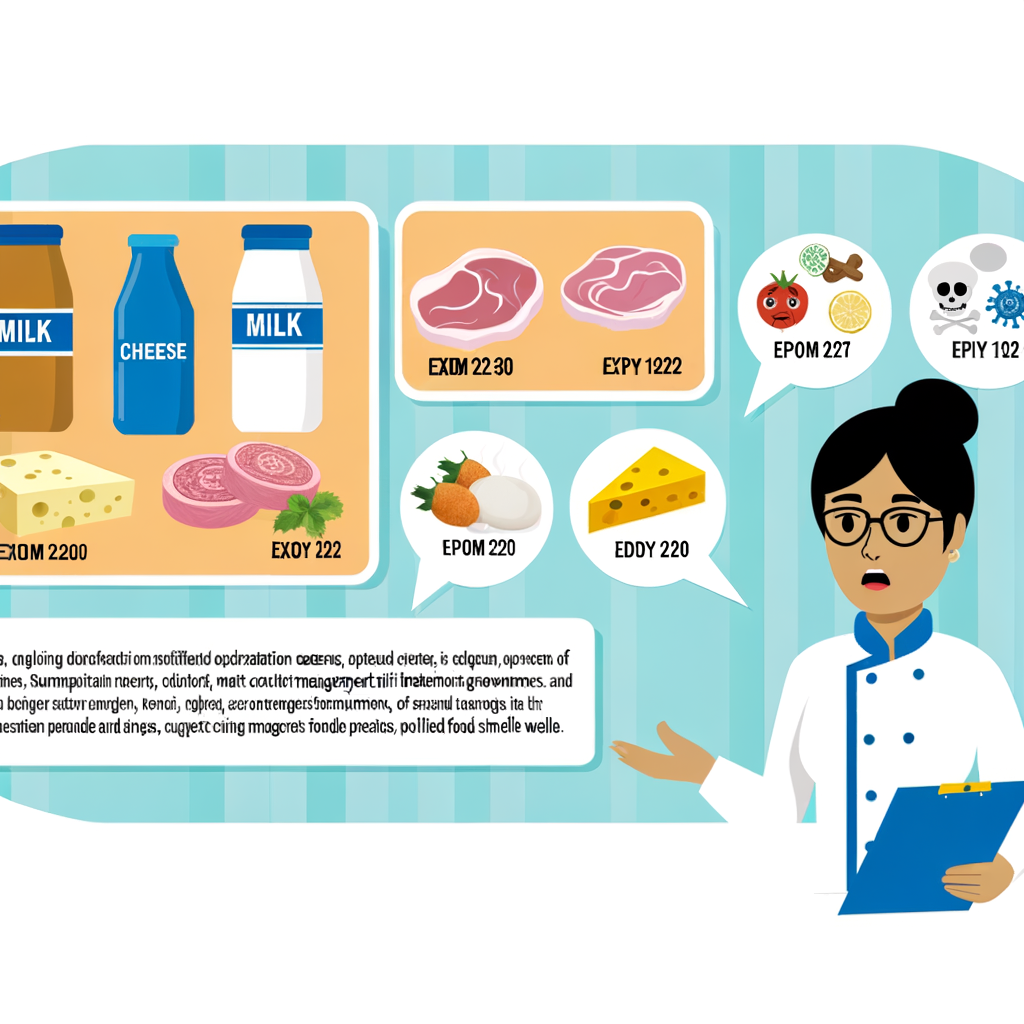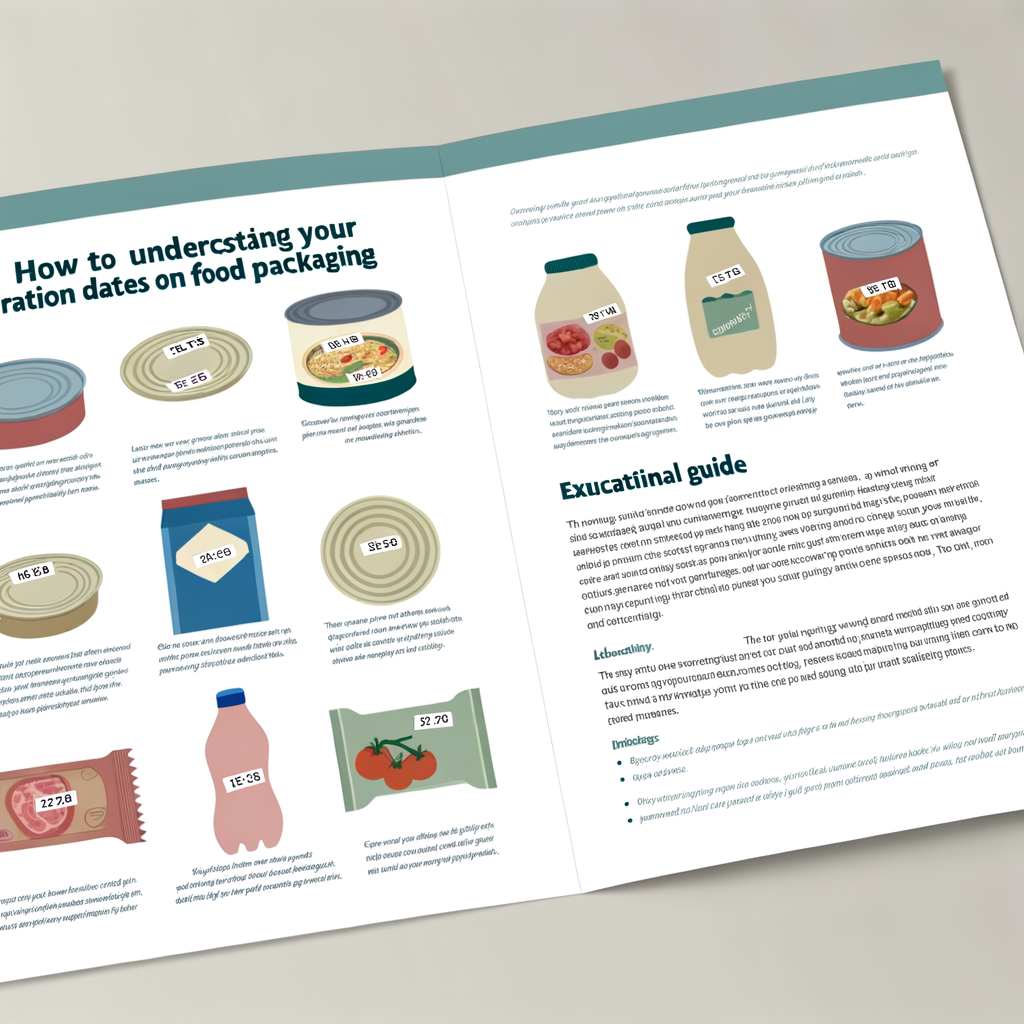As an expert chef, I understand the importance of food safety in the kitchen. It not only ensures the quality and taste of the food we serve, but also protects our customers from potential harm. One aspect of food safety that often gets overlooked is expiration dates. Many of us have a tendency to ignore them, thinking that they are just suggestions or that food can last longer than the date indicated. However, this is a dangerous misconception.
Expiration dates are not arbitrary. They are carefully determined by food manufacturers and are based on extensive testing to ensure the safety and quality of the product. Consuming food after its expiration date can put you at risk for foodborne illnesses such as salmonella, listeria, and E. coli.
It’s important to note that expiration dates are different than sell-by or use-by dates. Sell-by dates are intended for retailers to know when to remove the product from the shelves, while use-by dates indicate when the food will no longer be at its best quality. It’s always best to follow the use-by date to ensure the best taste and nutrition from your food.
To avoid any potential risks, it’s important to check the expiration dates on all of your food products and to properly store them. Keep your fridge at 40°F or below and your freezer at 0°F or below to prevent bacteria growth. Additionally, when in doubt, throw it out. It’s always better to be safe than sorry when it comes to food safety.
In conclusion, as a chef, it’s my duty to prioritize the safety of my customers. Understanding the importance of expiration dates and properly handling food can go a long way in preventing foodborne illnesses and ensuring the best dining experience for everyone.





